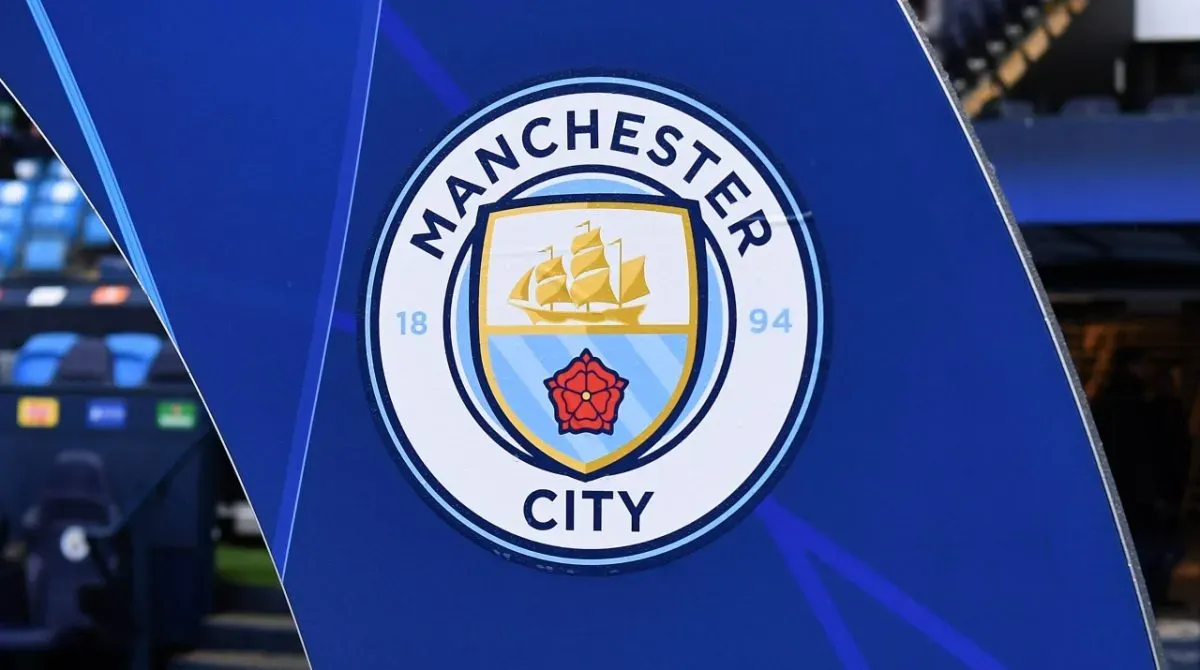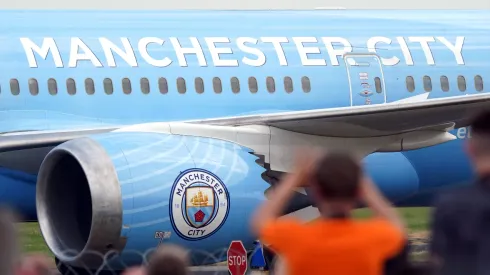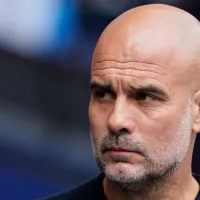Premier League clubs have long taken advantage of inflating sponsorship deals to provide more freedom in the transfer market. Oftentimes, clubs will look to companies connected to their owners for financial backing. These agreements have helped clubs like Manchester City or Newcastle benefit from having owners involved in different sectors. In doing so, their commercial value has risen faster than clubs like Manchester United, Liverpool or Arsenal.
The English top flight unveiled a new rule book that directly targets inflated sponsorship deals. According to The Times, the new rules work to block clubs from earning exorbitant benefits from companies connected to their owners. These rules also address the previous issue of signing a club from an associated side for multi-club ownership groups. Clubs must pay ‘fair market value‘ for any player to avoid facing a penalty.
According to the Premier League, the rules are there to help the sustainability of clubs in the long run. Moreover, these rules help keep the league competitive in the sense that Manchester City cannot run away financially, for example.
“[These rules] seek to ensure the long-term financial sustainability of clubs by extinguishing reliance on enhanced commercial revenues received from entities linked to the club’s ownership,” the Premier League’s rule book says.
Our Pick:Includes: Exclusive Premier League games, USMNT/USWNT & Women's World Cup in Spanish, & More |
 |
Fair market value for Premier League sponsorship deals
The Premier League uses the same language when discussing sponsorship deals as it does for transfers in multi-club ownership groups. Clubs and companies must demonstrate ‘fair market value’ when making deals. As this is somewhat vague, the pressure is on the clubs not to overextend the value of sponsorships. These Premier League sides must provide a declaration from the party they are making deals with that the sponsorship is fair. The Premier League calls it the ‘burden of proof’ that clubs must provide to show fair value.

In the event a Premier League club breaches these rules, there is no set punishment. Instead, all breaches would come down to an independent commission. This means that the severity of the offense could play a role in how stiff the punishment is. That could lead to further fines or even a points deduction.
As stated, the traditional clubs in England, namely Liverpool, Manchester United and Arsenal, voted in favor of these rules. They pointed to the sponsorship growth of Manchester City since the Abu Dhabi group took over in 2008. Manchester City’s sponsorship revenue is over 13 times greater than it was in 2008. The Times noted that Manchester United has only grown by 4.7 times what it was, and Liverpool is five times as large as it was in 2008. LaLiga took ire at the growth of Manchester City, as the Spanish league directly cited “uncommonly high commercial revenue” from City in 2017.
Financial control of City is an extension of FFP
The financial hold on Manchester City and Newcastle is the latest factor in the Premier League working on its Financial Fair Play through Profitability and Sustainability rules. Manchester City is the subject of ongoing charges that could lead to points deductions. Everton already picked up a six-point deduction, and Nottingham Forest may join the Toffees by losing points.
PHOTOS: IMAGO















